
Read offline
Recommendation
The World Economic Forum’s (WEF) yearly survey of the risks menacing the globe isn’t for the faint of heart. The 2018 report, released in advance of the group’s annual conference in Davos, Switzerland, includes a laundry list of frightening scenarios. Global warming accelerates as carbon dioxide emissions rise. Air pollution chokes most cities. Microplastic fibers contaminate both your drinking water and your shrimp cocktail. Stock prices may be unrealistically optimistic, bonds pay negative yields and the big banks hold more assets than ever. The US Federal Reserve and other central banks have slashed interest rates so low that they won’t be able to respond effectively to another economic crisis. Cyberattacks are rampant, a new strain of nationalism is disrupting geopolitics and some areas have 30% youth unemployment. The WEF study is mercifully succinct and a smooth read. President Donald Trump traveled to Davos to speak at the 2018 event, even though this report lists him as a potential new source of risk.
Summary
About the Author
The World Economic Forum issues this report. Klaus Schwab, founder and executive chairman, hosts its annual event in Davos, Switzerland. Børge Brende is WEF president.








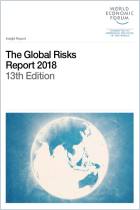
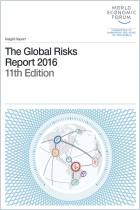
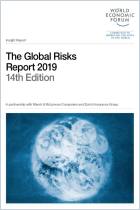
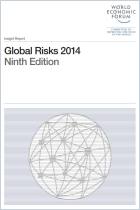
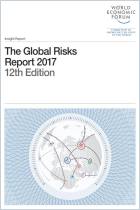
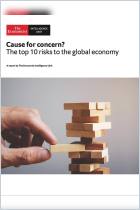





Comment on this summary or Iniciar a Discussão